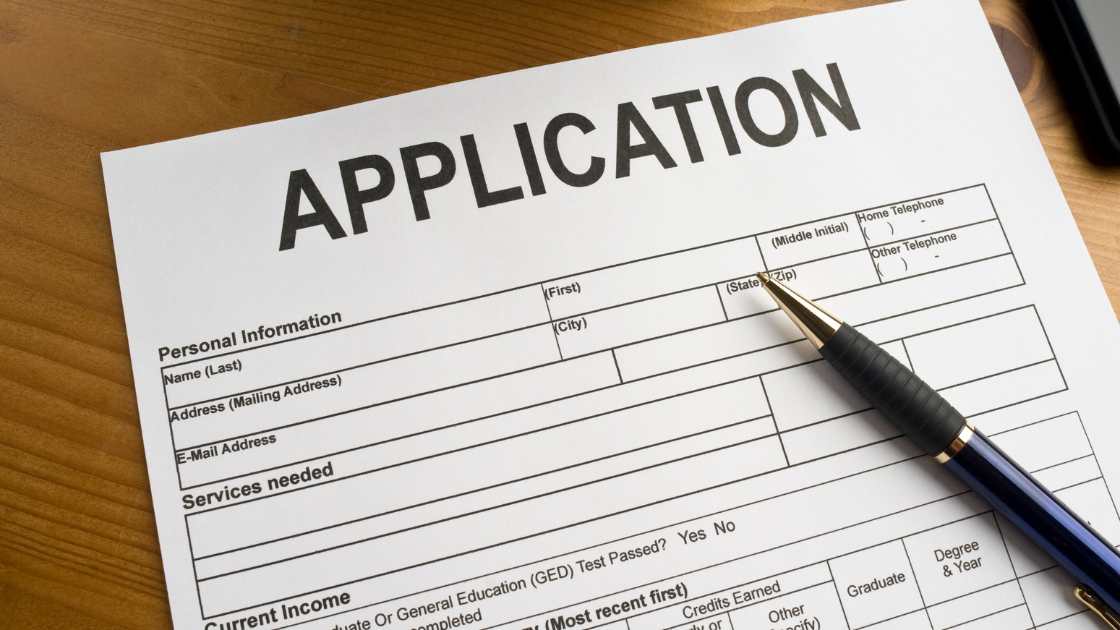A Comprehensive Guide
Assess the Situation:
The first step in handling a bad roofing job is to carefully assess the situation. Inspect the roof to identify the specific issues, documenting them with photographs and notes. Look for signs of poor installation, leaks, damaged shingles, or any other visible problems.
Review the Contract:
Go through the contract you signed with the roofing contractor. Pay close attention to the terms and conditions, scope of work, and warranties. Understanding your rights and the contractor’s obligations as per the contract will provide you with a strong foundation when addressing the issues.
Contact the Contractor:
Reach out to the roofing contractor to discuss your concerns. Clearly communicate the problems you have identified and request a meeting to resolve the issues. Make sure to keep a record of all communications, including emails, phone calls, and in-person meetings.
Consult a Professional Inspector:
If your initial communication with the contractor does not lead to a satisfactory resolution, consider hiring a professional roofing inspector. An expert can provide an unbiased assessment of the problems and offer a detailed report. This report can be invaluable if legal action becomes necessary.
Know Your Rights:
Familiarize yourself with your rights as a consumer. Research local and state laws regarding construction contracts and homeowner protections. Understanding your legal position can empower you when negotiating with the contractor or seeking legal advice.
Consider Mediation or Arbitration:
If communication with the contractor reaches an impasse, mediation or arbitration can be viable alternatives to litigation. These processes involve a neutral third party who helps both parties reach a resolution without going to court. Mediation and arbitration can save time, money, and stress.
Legal Action:
If all else fails and the roofing contractor refuses to cooperate, you may need to consider legal action. Consult with an attorney specializing in construction law to explore your options. Provide them with all the documentation you have gathered, including the contract, photographs, inspection reports, and communication records.
Learn from the Experience:
Once the issue is resolved, take the opportunity to learn from the experience. Research thoroughly before hiring any contractor, check references, read reviews, and ask for detailed estimates. By being vigilant and informed, you can reduce the risk of facing similar problems in the future.
FAQ’s
What should I do if I discover issues with my recent roofing job?
If you discover problems with your recent roofing job, the first step is to carefully document the issues. Take clear photographs and detailed notes of the visible problems, such as leaks, damaged shingles, or poor workmanship. Next, review the contract you signed with the roofing contractor. Understanding the terms, scope of work, and warranties outlined in the contract will help you assert your rights. Contact the contractor to discuss your concerns, providing them with the documented evidence. If the issues persist, consider hiring a professional roofing inspector to assess the problems impartially. The inspection report can serve as valuable evidence if you need to escalate the matter legally. Always keep records of your communication with the contractor and, if necessary, consult a lawyer specializing in construction law for further guidance.
Can I demand a refund if I am unhappy with my roofing job?
Whether you can demand a refund depends on the terms outlined in your contract and the severity of the issues. Start by reviewing the contract to understand the warranties and guarantees provided by the roofing contractor. If the problems you are facing fall within the scope of these warranties, you may have grounds to request repairs, replacements, or refunds. Communicate your concerns with the contractor, providing them with documented evidence of the issues. If the contractor refuses to cooperate and the problems persist, you may consider mediation, arbitration, or legal action. It’s crucial to consult with a legal professional who specializes in construction disputes to explore your options and understand the best course of action based on your specific situation.
How can I prevent a bad roofing job in the first place?
Preventing a bad roofing job starts with thorough research and careful selection of a reputable roofing contractor. Ask for recommendations from friends, family, or neighbors, and check online reviews and testimonials. Verify the contractor’s credentials, licenses, and insurance. Request detailed written estimates from multiple contractors, comparing not only the prices but also the materials, workmanship warranties, and project timelines. Before signing any contracts, read and understand all the terms and conditions, ensuring they align with your expectations. During the project, maintain open communication with the contractor, addressing any concerns promptly. Regularly inspect the work in progress to ensure it meets the agreed-upon standards. By being diligent and informed, you can significantly reduce the risk of hiring an unreliable roofing contractor and minimize the chances of ending up with a bad roofing job.
Final thought
Dealing with a bad roofing job can be challenging, but with patience, knowledge, and assertiveness, you can navigate the situation effectively. By assessing the problems, understanding your rights, and seeking professional advice when needed, you can ensure that your home is properly restored and protected. Remember to document everything, communicate clearly, and, if necessary, seek legal assistance to resolve the issue and move forward with confidence.





